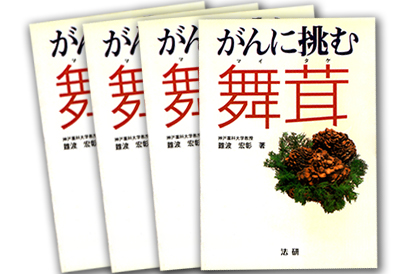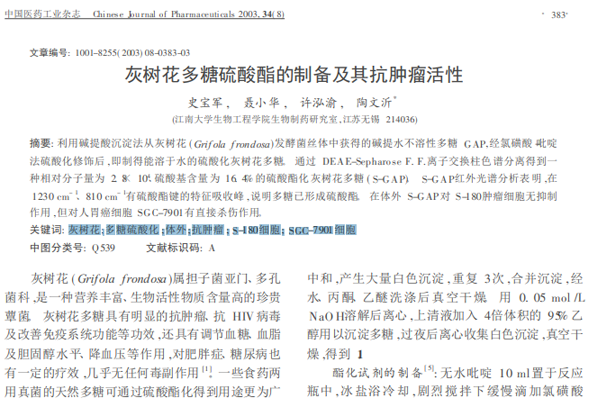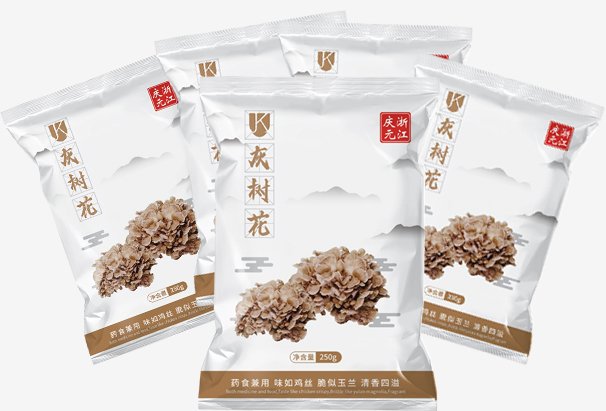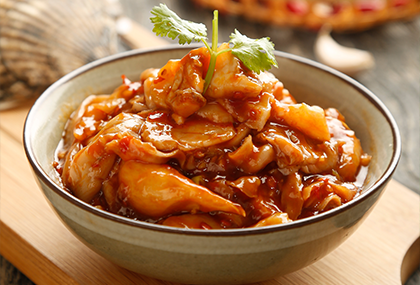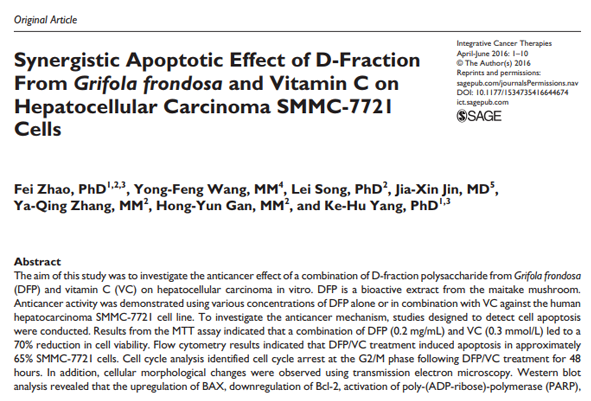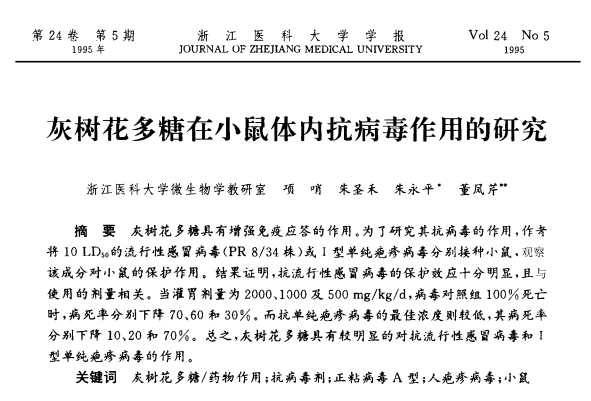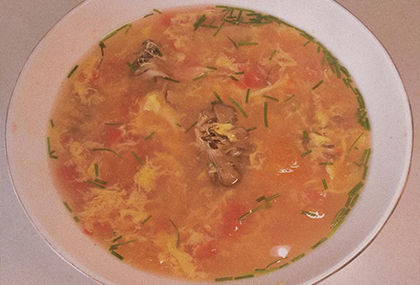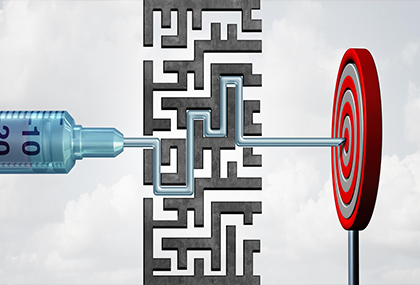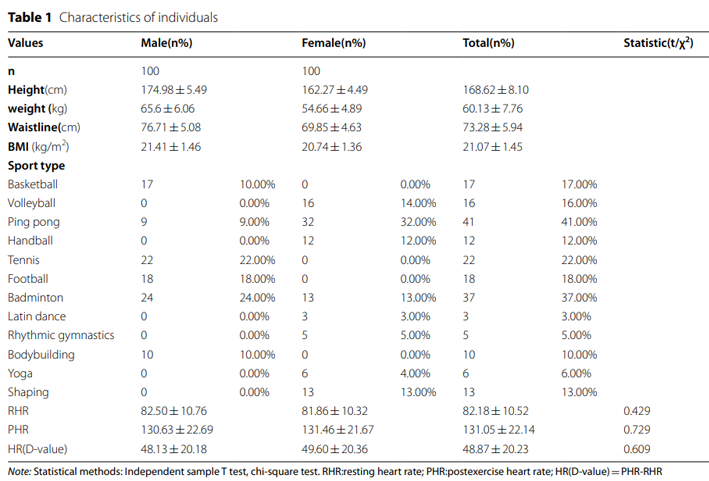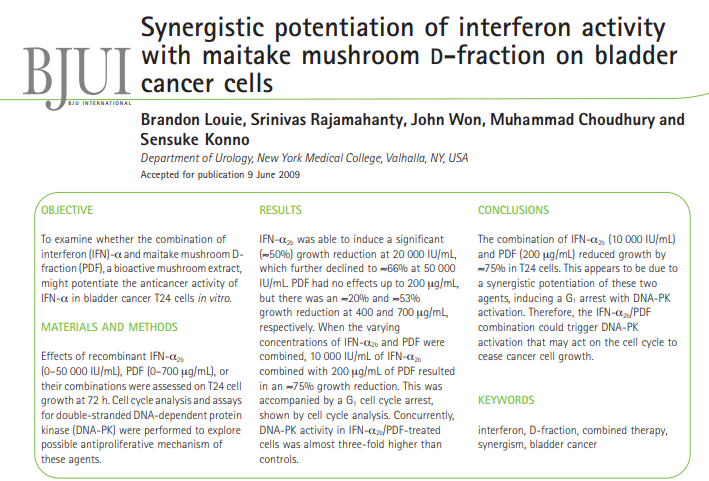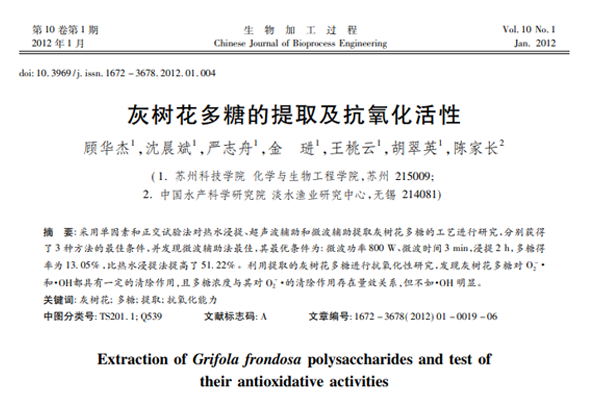During anti-cancer treatment, "life lies in exercise" or "rest is the king"?
Does the online "quit mouth list" and "ketogenic diet" really have miraculous anti-cancer effects?
"Obesity is the root of all evil" and "starving cancer cells" sound very reliable?
What can really improve the anti-cancer efficacy or the quality of life of our patients during the treatment period?
Recently, the authority has finally given the "right word" - the American Society of Clinical Oncology (ASCO) published "exercise, diet and weight management during cancer treatment: ASCO guidelines" [1], which provides some practical suggestions for exercise, diet and weight management of cancer patients. Let's hurry and watch it together~
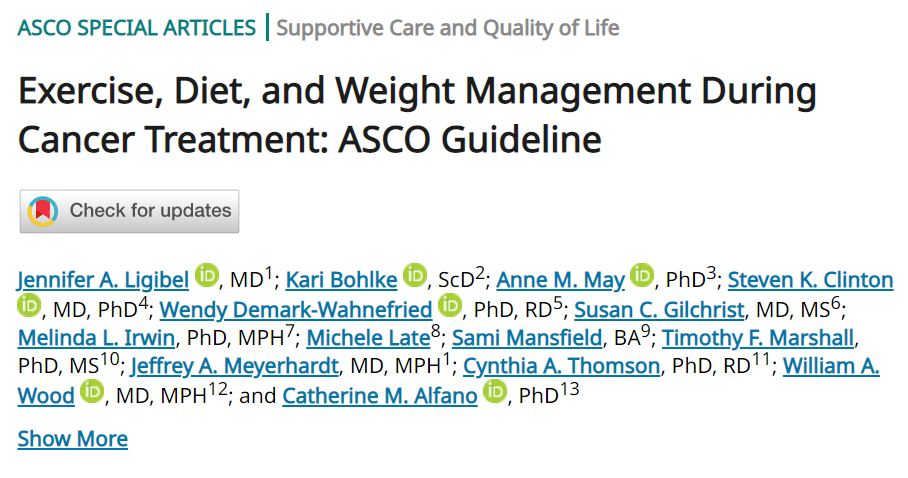
1. During treatment, is "moving" or "static" better?
First of all, the guide has a clear position on this issue: during the treatment, move!
The guidelines suggest that patients should perform aerobic and resistance exercise during active treatment to reduce the side effects of cancer treatment. (type: evidence based, advantages outweigh disadvantages; evidence quality: medium to low; recommendation strength: strong)
Although there is not enough evidence to support or oppose exercise during treatment to improve cancer control results (relapse or survival) or improve treatment completion rate, there are many benefits of exercise during treatment:
(1) Exercise intervention can reduce fatigue; Maintain cardiopulmonary health, physical function and strength;
(2) In some populations, it can improve the quality of life and reduce anxiety and depression.
(3) Exercise intervention during treatment has a lower risk of adverse events.
Especially for patients with lung cancer, regular exercise before surgery can also help reduce the risk of complications such as hospitalization time and postoperative pneumonia. (type: evidence-based basis, advantages outweigh disadvantages; evidence quality: low; recommendation strength: weak)
Although there are different forms, schedules and intensities of exercise, the research results consistently show that increasing exercise during treatment can improve cardiopulmonary health and reduce fatigue and other symptoms. In a word, "moving" is better than "static", as long as it moves, it will be beneficial~
However, it should be noted that cancer patients should pay special attention to their own physical conditions, complications, treatment side effects, etc. when exercising, and exercise appropriately. If necessary, exercise evaluation can be carried out to avoid health risks caused by improper exercise.
2. During the treatment, is it useful to cooperate with specific dietary patterns or foods?
In addition to drug treatment, dietary adjustment has also become the focus of attention of patients and researchers. For example, Mediterranean diet is helpful to prevent and treat cardiovascular diseases. DASH diet has a significant effect on hypertension control. The Swiss research team found that personalized nutritional support can reduce the mortality of cancer patients within two months by 17% [2]. How should I eat it during the treatment?
First, the guideline points out that neutropenic diets can not reduce the risk of infection during cancer treatment, and it is not recommended that cancer patients use this diet to prevent infection. (type: Based on evidence, the disadvantages may outweigh the advantages; evidence quality: low; recommendation strength: weak)
Neutropenic diet, usually referred to as a diet that reduces bacterial exposure by limiting raw fruits and vegetables, has long been recommended for the prevention of infection in patients with hematological malignancies, especially those who have received bone marrow transplantation. In addition to the existing data that do not support the use of neutropenic diet to reduce the risk of infection in this patient population, the lack of fruits and vegetables also limits the intake of many important nutrients and bioactive compounds. The ASCO expert group generally believes that the "disadvantages" outweigh the "advantages". And the fruit is so delicious, how can I not eat it~
As for whether ketogenic diet, low carbohydrate diet, low-fat diet, intermittent fasting, dietary supplements, etc. will improve the quality of life, treatment side effects and cancer prognosis, the guide points out that there is no conclusion at present, and more research and exploration are needed.
According to the dietary guidance for cancer patients issued by the National Health Commission [3], the daily diet of cancer patients should be diversified and eat more foods rich in protein, minerals and vitamins; Eat more vegetable foods such as vegetables, fruits, Cereals, potatoes, beans and bean products, and animal foods such as fish, poultry and eggs; Limit the intake of refined sugar and alcohol, and barbecue (fire, charcoal), pickled and fried food.
3. During the treatment, can weight loss enhance the efficacy? Can you really "starve" cancer cells?
The guideline points out that many studies have confirmed that obesity is a risk factor for more than ten types of cancer, and some studies have found that about 49% of specific types of cancer can be attributed to obesity, and bariatric surgery can reverse the risk [4]. And obesity not only increases the risk of cancer, but also increases the risk of cancer death.
Although there is little evidence to show that deliberate weight loss during treatment has significant benefits for patients, at least for breast cancer and prostate cancer patients, deliberate weight loss during cancer treatment is helpful to improve the quality of life and reduce the risk of cancer recurrence. The guidelines suggest that more studies should be conducted to further clarify the impact of weight management on response, survival and life of patients with all types of cancer during treatment. summary
It is well known that obesity, lack of exercise and poor diet quality are known risk factors for more than a dozen malignant tumors. According to the survey in the annals of oncology [5], 52% of the deaths of male cancer patients and 35% of the deaths of female cancer patients in China are attributed to changeable factors (including smoking, second-hand smoke, alcohol consumption, insufficient intake of fruits and vegetables, overweight, and inactivity). In other words, more than half of the deaths of male cancer patients and 1 / 3 of the deaths of female cancer patients are theoretically avoidable.
The lifestyle of moderate exercise, reasonable diet and maintaining a healthy weight can not only prevent cancer, but also bring benefits to cancer patients. In general, this guideline recommends that patients should regularly perform aerobic and resistance exercise during active treatment of cancer, and that patients undergoing lung cancer surgery should perform exercise before surgery. Granulocyte deficient diet is not recommended to prevent infection in cancer patients during active treatment. In addition, the guidelines believe that the evidence of other dietary and weight loss interventions during cancer treatment is very limited, and research in this area should be strengthened.
This guideline is also the first clinical guideline specifically focusing on the impact of lifestyle changes on clinical outcomes during cancer treatment. Admittedly, it is not only surgery, medicine and injections that can be regarded as treatment. Healthy life is also an important part of anti-cancer!
Reference
1. Jennifer A. Ligibel, et al.,(2022). Exercise, Diet, and Weight Management During Cancer Treatment: ASCO Guideline. Journal of Clinical Oncology, DOI: 10.1200/JCO.22.00687.
2. Bargetzi L, Brack C, Herrmann J, et al. Nutritional support during the hospital stay reduces mortality in patients with different types of cancers: secondary analysis of a prospective randomized trial. Ann Oncol. 2021; 32(8):1025-1033. doi:10.1016/j.annonc.2021.05.793
3. Dietary guidance for patients with malignant tumors Retrieved May 31 ,2022, from http://www.nhc.gov.cn/ewebeditor/uploadfile/2018/06/20180613134949368.pdf
4. Renehan AG, Tyson M, Egger M, Heller RF, Zwahlen M. Body-mass index and incidence of cancer: a systematic review and meta-analysis of prospective observational studies. Lancet. 2008; 371(9612):569-578. doi:10.1016/S0140-6736(08)60269-X
5. Islami F, Chen W, Yu XQ, et al. Cancer deaths and cases attributable to lifestyle factors and infections in China, 2013. Ann Oncol. 2017; 28(10):2567-2574. doi:10.1093/annonc/mdx342
Source:


